Muttermilch hemmt Impfstoff: CDC-Forscher raten, das Stillen auszusetzen
(ir) Wenn es nicht so bitterernst wäre, könnte man sich darüber schier totlachen: Forscher der US-Seuchenbehörde CDC haben festgestellt, dass die Effektivität der Rotavirus-Impfung durch Muttermilch gehemmt wird. Gemeint ist natürlich nicht die tatsächliche Wirksamkeit, sondern der messbare Antikörpertiter im Blut. Was dieser aber über den künftigen Gesundheitsstatus aussagt, ist umstritten.
Bühnenreif ist nun aber der Vorschlag der CDC-Experten, ein Aussetzen beim Stillen zu erwägen, um einen als ausreichend angesehenen Anstieg des Titers im Blut zu gewährleisten. Bühnenreif deswegen, weil Säuglinge - auch aus Sicht der Schulmedizin - gerade durch die Muttermilch jene Antikörper erhalten, die sie in den ersten Lebensmonaten wirksam vor Infektionen schützen.
Dahinter steht bei aller vermeintlicher Komik jedoch ein Menschen- und Weltbild, das nur erschrecken kann. Und ein Allmachts-Fanatismus, der es in sich hat: Denn obwohl es für keinen einzigen Impfstoff einen ordentlichen Wirkungsnachweis gibt, vertrauen die Experten darauf, dass ihre Machwerke effektiver gegen Krankheiten schützen können als die körpereigenen Abwehrmechanismen, die man bisher nur im Ansatz verstehen gelernt hat. Ein Grund mehr, es sich zweimal zu überlegen, bevor man den Ratschlägen von Gesundheitsbehörden blind Folge leistet.
Inhibitory effect of breast milk on infectivity of live oral rotavirus vaccines
Kommentar von Mike Adams, naturalnews.com
Kommentare
Hans U. P. Tolzin schrieb am 05.02.2012 um 20:22:37
Vielen Dank für den Hinweis! Mir liegt leider nur der Abstrakt vor. Könnten Sie mir das entsprechende Original-Zitat aus der Studie zukommen lassen?
Weiß schrieb am 05.02.2012 um 22:02:19
ABM President responds to Vaccines and Breastfeeding
In response to confusion and misinformation regarding the recent report of:
Moon et al (Ped Inf Dis J 2010 29;919 ) entitled:
?Inhibitory effect of breast milk on infectivity of live oral rotavirus vaccines?
the following clarification is provided:
1. The study related only to oral rota virus vaccine and DOES not provide information on any other oral vaccine ( such oral polio) and surely has no relevance to standard non oral vaccines
2. The study of the neutralizing effect of breast milk was an IN VITRO study and the significant neutralizing effect was only found in milk from mothers from developing countries(Vietnam, South Korea, India) AND NOT from milk from US mothers. This reflects probably the high frequency of rotavirus infection in those countries and the high antibody levels in the adults of those countries and the low titers in US mothers.
3. Epidemiological studies have noted adequate efficacy of oral rotavirus vaccine in industrialized countries ?the only issue is the somewhat lower efficacy in the developing countries
4. Oral polio vaccine is not the standard in North America so is not a relevant issue
5. At most the investigators recommend ?evaluating? (STUDYING) the effect of delaying breastfeeding at the time of immunization (of rota virus ) and measuring the efficacy ( serum antibodies in the infants). ?Delaying? means not breastfeeding simultaneously when ingesting the vaccine and delaying nursing for 2-3 hours. NO suggestion of substituting formula was made or should be made !
6. Bottom line: the study has absolutely NO relevance to nursing mothers in industrialized countries ( surely NOT the US and Canada) and therefore NO change in the routines of breastfeeding infants who are being vaccinated are being suggested! (and so spread the word!)
7. The possible benefit of a few hours wait between oral rota virus vaccination and nursing should be studied in populations in those geographic areas where there is a problem of efficacy. As there may be other factors effecting efficacy (e.g. related to the immunocompetence of the infants themselves) until we have the results of such IN VIVO studies one can not make any feeding recommendations even for those populations. The problem may not relate to breast milk at all! That why evidenced based data is needed!
8. For the nursing mother in the developed world there is no need to alter any feeding routines!
Arthur I Eidelman MD FAAP FABM
Arthur Eidelman is a neonatologist and president of the Academy of Breastfeeding Medicine.
http://bfmed.wordpress.com/
Franz schrieb am 27.01.2012 um 03:31:52
In USA und Asien ist sowieso der Kaiserschnitt grosse Mode, weil es ANGEBLICH den Körper jung hält (die grosse Narbe und die "verpasste" Geburt wird dafür - sehr zu meiner Verwunderung - gerne in Kauf genommen).
Gestillt wird sowieso auch kaum mehr, weil es angeblich die Form der Brüste verändern oder ruinieren könnte. Wovon dieser Artikel berichtet, passt also gut zum Trend.
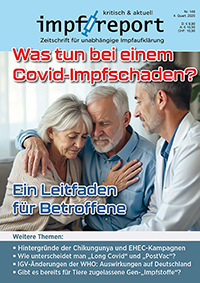
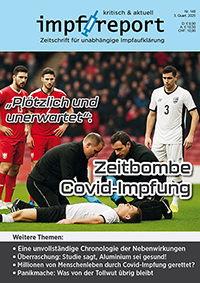




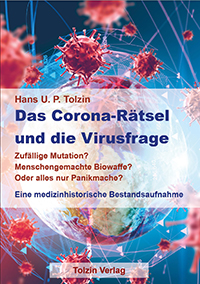

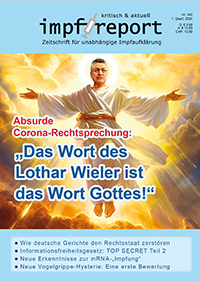
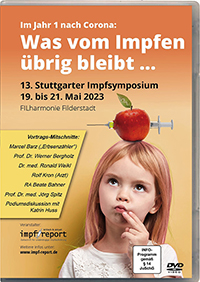
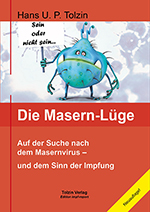
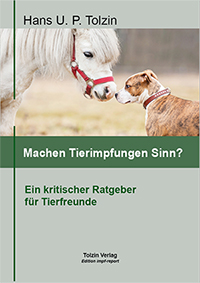



Weiß schrieb am 04.02.2012 um 17:17:35
Es wird weder zum Abstillen noch zu einer längeren Stillpause geraten, sondern im Rahmen einer Studie bei Verabreichung der Impfung eine Pause von zwei bis drei Stunden einzuhalten, weil sich beim invitro-Versuch ergeben hat, dass die Muttermilch von Frauen aus Entwicklungsländern den Impfstoff weniger gut wirken lässt. )
)
Ea wäre auch fürs Image besser hier korrekt zu sein?
Diesen Kommentar beantworten